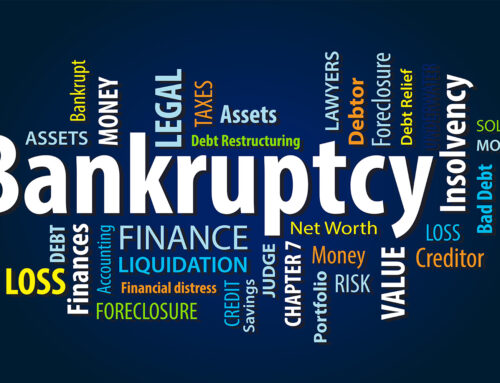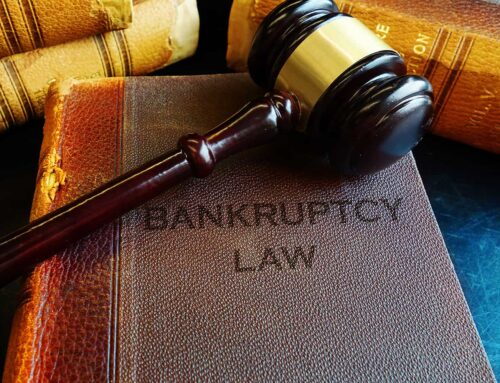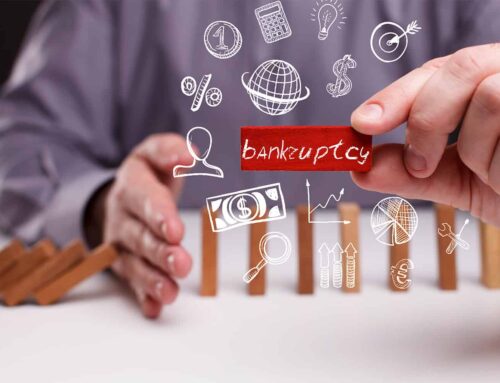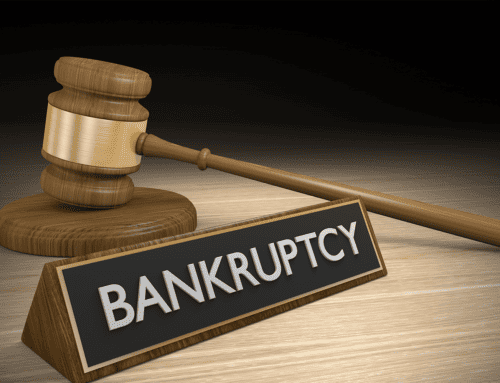In our last blog, we talked about all the business bankruptcies among various industries occurring as a result of the Covid-19 crisis. As unfortunate as those bankruptcies are, we wish we could say that the financial fallout is limited to businesses, but that is simply not the case. With more than a quarter remaining in 2020, experts agree that personal bankruptcy filings will increase in record numbers by the end of the year. Here’s why.
Government Support Delayed the Inevitable
The U.S. government did what it could to help Americans bear the brunt of the weight of Covid-19. Each adult received $1,200 during the second quarter of 2020, which totaled nearly $270 billion. Unemployment benefits increased by $600 per pay period. Also, many small businesses took advantage of the Paycheck Protection Program, while banks and lending institutions deferred some mortgage and credit card payments.
There is no question that these moves helped to fend off a financial avalanche. While businesses were folding left and right, personal bankruptcy filings were substantially less than the same time in 2019. Now that the stimulus payouts are gone, and unemployment benefits have come to an end, some people are face-to-face with the reality of a dire financial situation. The unfolding crisis is understood by some of the nation’s largest banks who acknowledged supplementing their reserve accounts by billions of dollars to cover the projected losses they anticipate in the final two quarters of 2020 on bad loans.
It makes sense. As government protections lift, the employees who lost their jobs at companies who closed their doors incur monthly deficits, which results in defaults on credit cards and loans. Landlords who allowed a short reprieve to indebted residents will come calling soon as they are still responsible for their loans. The pressure will only continue to rise as interest accrues, and debt increases.
Covid-19 Impacted the Lower-Middle Class Disproportionately
A review of household earnings in 2020 reveals that almost 40 percent of those earning less than $40,000 a year had an average job loss of at least one earner by mid-year. Households earning more than $100,000 and $400,000 came in at 19 percent and 13 percent, respectively. These numbers make some sense when you factor in that those impacted by job loss at companies that have been heavily impacted by COVID comprise most of the households with $40,000 annual income or less. Added to that is the fact that the Federal Reserve reports that total household debt reached a record $14.3 trillion in the first quarter of 2020, most of which is incurred by lower-income households, and you have a recipe for disaster.
A tsunami of insurmountable debt can occur when one carries a high debt-load, loses income due to job loss, uses credit cards to try to cover the loss in hopes that things will turn around, and then incurs interest at more than 20 percent while only making minimum payments on the card(s).
Additional Government Intervention is Not Guaranteed
U.S. Federal Reserve chairman Jerome Powell said the American economy is looking at a 6.5% contraction this year. Powell called the recovery a “long road,” although he believes it will happen. At the local level, some state and municipal governments could become insolvent. Not only does this mean they will not be able to support programs for their constituents, but it could also jeopardize pensions.
All of this means that the pace at which personal bankruptcies occur may likely occur over some time as opposed to an immediate explosion. Hopefully, Powell is right, and the economy will recover in time to flatten the curve, which in this case is about bankruptcy filings and not the pandemic.
If you’re considering bankruptcy, you are not alone. This year has been a challenge for many. Do your research and make the decision that is right for you. And rest assured that we will all get through this together.
If you are struggling with debt and in need of guidance for managing the bankruptcy process please do not hesitate to call our office and schedule a free consultation.






